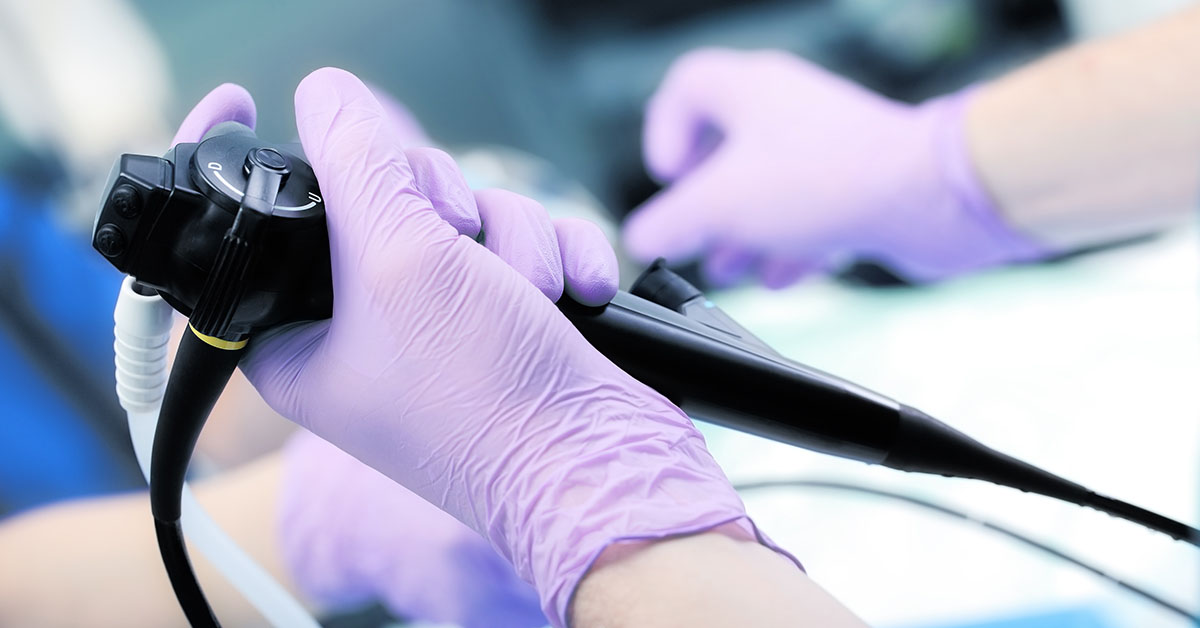
What is Endoscopic Sinus Surgery?
Endoscopic Sinus Surgery (commonly referred to by medical professionals as Functional Endoscopic Sinus Surgery - FESS) is a minimally invasive procedure that has become increasingly popular since the introduction of small visualizing devices called endoscopes. FESS was developed on the principle that a surgeon can restore the normal drainage pathways of the sinuses, by removing diseased and swollen sinus tissue and mucous membrane as well as some bone from the natural openings of the sinuses.
The procedure is one of a group of techniques meant to improve sinus drainage and function without the facial incision, disfiguration and scarring, potential infection and longer recovery time of invasive surgical approaches.
Why might I need Endoscopic Sinus Surgery?
Usually, FESS is considered after nonsurgical treatments have failed to relieve infection and chronic swelling. The number of people who undergo ambulatory sinus surgery now approaches 260,000 annually.1
What happens during an Endoscopic Sinus Surgery procedure?
In an endoscopic sinus surgery, the surgeon inserts a narrow, magnifying endoscope through the nostrils. The endoscope is equipped with optics and surgical tools, allowing the surgeon to see and remove affected tissue and bone.
The purpose of the surgery is to remove and flush out infected tissue, and open blocked sinus passages, while leaving enough intact healthy tissue so that your nose and sinuses can function normally.
As a final step, temporary packing is placed in the nose to support the newly opened sinus passages and to absorb excess fluid while the sinus tissues heal. Traditional packing is removed by the doctor after sufficient healing has occurred. There is also a type of packing which is gradually absorbed by the body. Sometimes a device called a stent is used to prop open the sinus cavity. Some stents deliver a controlled dose of anti-inflammatory medicine to promote comfort and healing, before the stent absorbed by the body.
How long before I feel the benefit of Endoscopic Sinus Surgery?
Recovery time depends on the exact surgery performed, and on you, the individual patient - every patient is different. You may be prescribed pain medicine for a short time after the operation, and you'll be restricted from blowing your nose while any packing remains in place. Breathing should improve as swelling subsides. Most discomfort, congestion, and drainage should go away within a few days, although mild symptoms can continue for some weeks after the procedure. Because sinus surgery is just one step in the long term treatment of sinus disease, your surgeon may place prescribe such treatments as saline rinses, nasal steroid sprays, and possibly antibiotics.2
- Ambulatory sinus and nasal surgery in the United States: demographics and perioperative outcomes.
Laryngoscope. 2010 Mar;120(3):635-8. Bhattacharyya, N - Endoscopic Sinus Surgery
American Rhinologic Sociey, http://care.american-rhinologic.org/ess



